
Read offline
Recommendation
Hurricanes, earthquakes, floods, economic crises, political uprisings, financial panics: These “once-in-a-lifetime” events seem to be occurring with increasing regularity, and companies are scrambling to stay abreast. Risk management practices can protect your firm’s assets, but surviving a corporate ordeal is no longer enough; today, firms must grow and thrive amid ambiguity, information overload and, often, chaos. Consultants Frederick Funston and Stephen Wagner show you how to upgrade your risk management to “risk intelligence” so you can find opportunities amid crises. They interviewed military professionals, first responders, mountain climbers and astronauts, along with business leaders, to get the inside track on what dealing with risk for a living is like. Their book presents knowledge that may be familiar to informed readers, but the authors package it in a user-friendly format, interspersing their ideas with interview excerpts, case studies and useful questions to guide firms in undertaking new risk intelligence efforts. getAbstract recommends their work to directors, CEOs and risk managers.
Summary
About the Authors
Stephen Wagner recently retired from Deloitte & Touche LLP, where Frederick Funston is a principal. Funston pioneered the concept of risk intelligence.









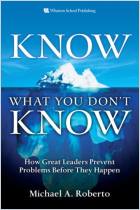
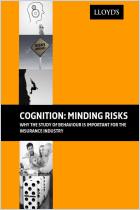
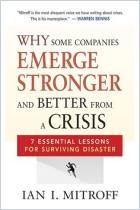
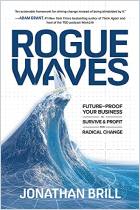
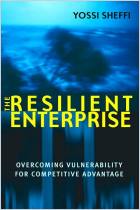
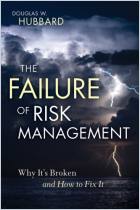



Comment on this summary or 开始讨论